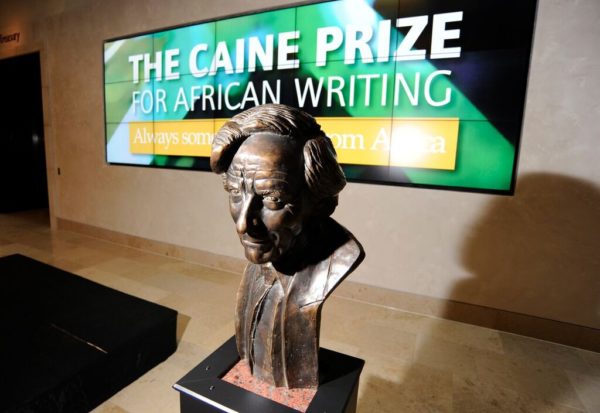
Something is happening at the Caine Prize.
Here at Brittle Paper, our role has been to support African literary institutions and spaces, to situate them in discourses, ignite conversations about their place, and in this, none has benefited more than the Caine Prize: we review the shortlisted stories, play up the announcements, and document conversations around it. So much so that we have been accused, in an essay on Woke Africa criticizing the Prize, of “playing Olivia Pope in the Scandal that was the Caine Prize’s image.”
But part of our role has also been to ask questions.
Early this year, Dr Lizzy Attree, director of the Prize since 2011, stepped aside from her role. Her leaving seemed an anti-climax for a Prize that had, two months previously, announced what happens to be its most notable panel of judges yet—novelists Dinaw Mengestu, Alain Mabanckou, Lola Shoneyin, and 2007 winner Henrietta Rose-Innes, and journalist Ahmed Rajab—suggesting that, after years of its shortlists being picked apart, the Prize was thrusting in their most ambitious direction yet. A brief statement ran on the Prize’s Website:
Dr Lizzy Attree, who has served as Director of the Caine Prize for African Writing as a part-time consultant for seven years, is leaving the organisation. The Board of Trustees has paid tribute to the work Lizzy has done throughout her tenure, and wishes her well with the Mabati Cornell Kiswahili Prize and her other projects. The Board is grateful for Lizzy’s commitment and contributions to the continued growth of the Caine Prize, which is recognised as a leading literary award. An announcement regarding the future administration of the Prize will follow in due course.
President of the Caine Prize, Baroness Nicholson of Winterbourne, added her gratitude for and warm appreciation of Dr Attree’s unique achievements for the Prize.
For a Prize noted for its ubiquitous publicity, the brevity of the statement, the mutedness at its core, was a small cause for concern.
And then it became a legitimate concern. Bushra al-Fadil, winner of the 2017 Prize, visited the US in January, but his February 26 reading and conversation at John Hopkins University was not publicized by the Prize—the hosts tweeted this event but the Prize did not retweet, which is the least observers would have expected.
Last week, Dr Attree—who is also co-founder of the Mabati Cornell Kiswahili Prize and sits on the Writivism Board of Trustees—joined Short Story Day Africa. Days later, the Caine Prize announced that it was looking for a new Prize Administrator. The symbolism of Dr Attree’s new home is a loud one: she swapped the Caine Prize, which despite rewarding only short stories of 3,000-10,000 words is the best-known prize for African literature, with Short Story Day Africa, which runs its own fiction prize, a themed prize that, despite the limitations of themed prizes, has emerged, only in its fifth year, as a viable alternative for people interested in new fiction—a conventionally deemed “alternative” that yours truly has regarded, since 2016, as the leading African prize for short fiction.
One or two days ago, Alain Mabanckou’s profile in the judges section of the Prize Website disappeared. A few days before this, Brittle Paper had been anonymously informed that Mr Mabanckou had resigned from the panel. The disappearance of his profile validates our source.
With little publicity ongoing, with no Administrator yet, with a judge’s resignation, the situation is rather worrying.
If literary cultures are to be sustained, then the prominence of questions is vital. In the African literary space, in the 2010s so far, the place of the Caine Prize, more than that of any other institution, has been the biggest source of such questions, of intense contention, of unguarded controversies spilling on social media and in interviews and in essays and opinion pieces. In ways, this is over-privileging. But in a continent where every literary institution has a unique function, where there is a single version of nearly everything, of prizes and grants and workshops, to not question is to risk watching a hole emerge in the literary superstructure.
The Caine Prize is currently holding its 2018 workshop in Rwanda, a gathering of the finalists and selected entrants for the previous year’s edition, and this is reassuring. This is us hoping that the Caine Prize is alright.




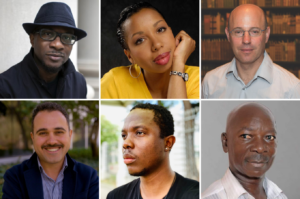
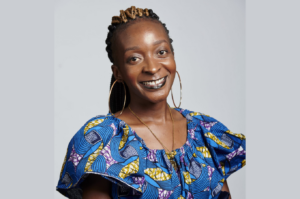
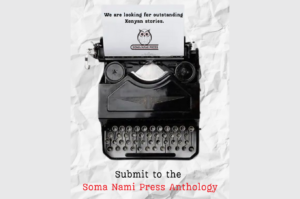
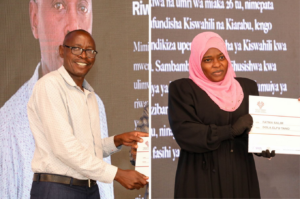

Ayodele CY July 26, 2018 23:30
Also, brittle paper is doing great work that nobody else is doing. Who else would have the guts to openly and honestly criticize institutions? Kudos guys.